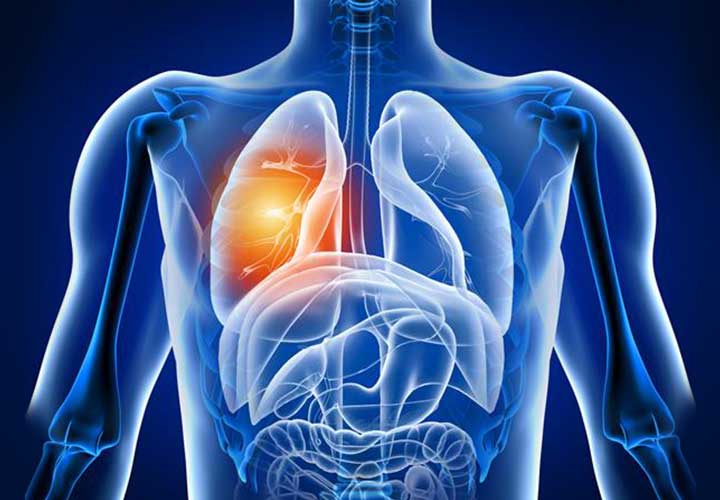
What exactly is Cancer?
Cancer is a complex set of genetic diseases that lead to abnormal cell growth, proliferation, and metastasis of cancer cells to vital organs resulting in death.
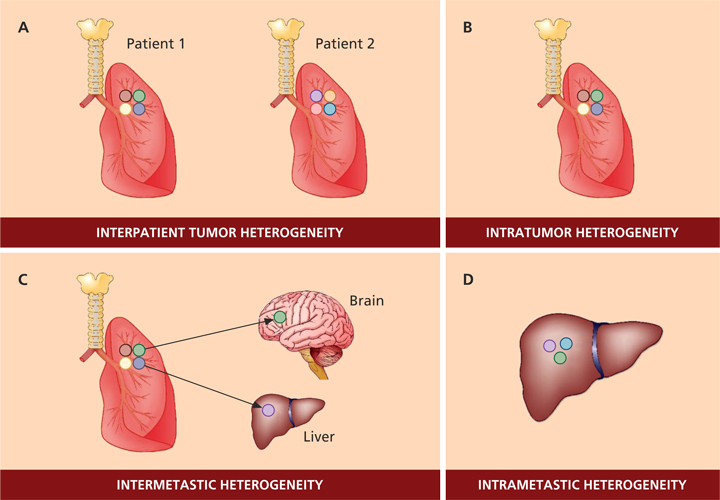
Patients with KRAS-G12C Mutation
Thirteen percent of patients with non–small-cell lung cancers (NSCLC) and 1-3% patients with colorectal (CRC) and other cancers carry KRAS p.G12C driver mutations.
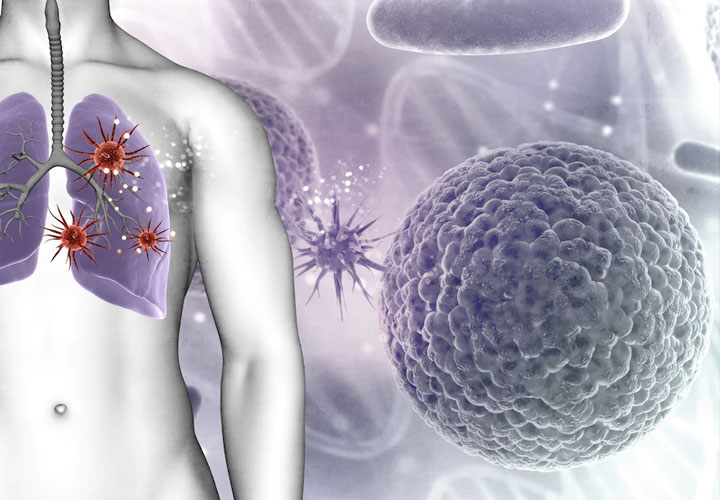
Evolving Pillars of Cancer Treatment
The treatment of human cancers has evolved over centuries to the present and has been categorised as the five pillars.The only treatment option for cancer was surgery.
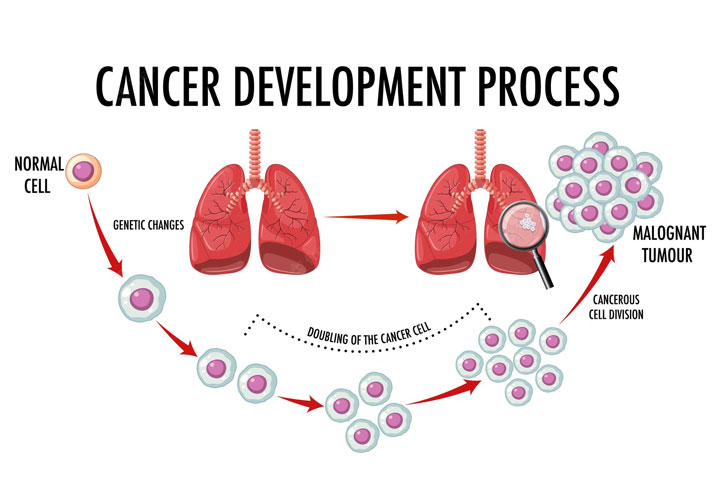
Stage of Cancer
Cancer is a progressive disease which develops over time by the accumulation of harmful mutations in genes controlling normal growth and development.
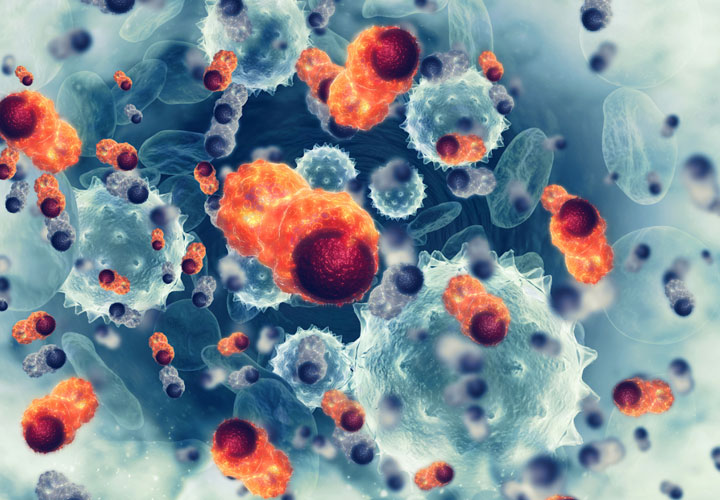
Drug Resistance in Cancer
Cancer is caused by abnormal activity of a driver oncogene or inactivation of a tumor suppressor gene that encode enzyme regulating cellular processes.
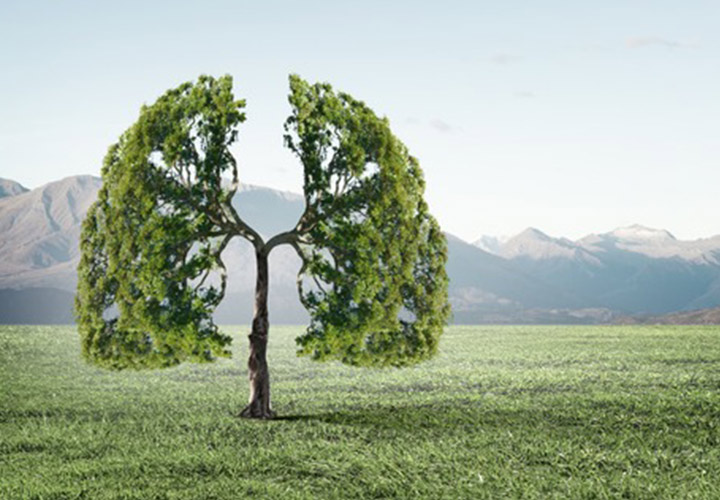
War on Lung Cancer
Lung cancer was the highest diagnosed cancer and leading cause of cancer related deaths in 2020.
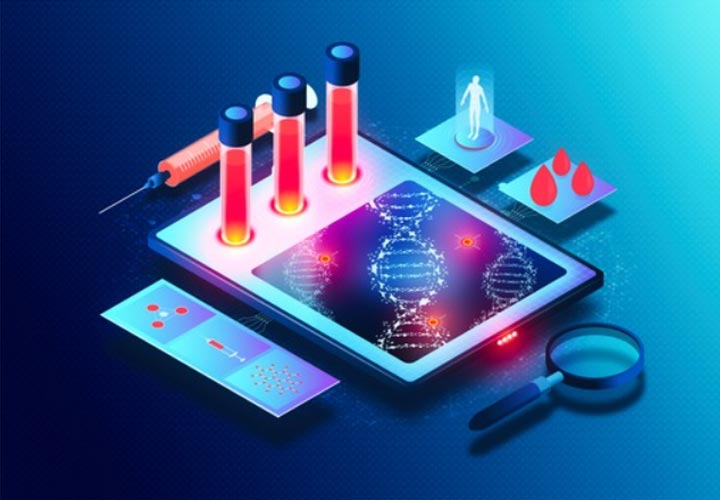
Biomarkers in Cancer
A biomarker is a biomolecule that is an indicator of normal health or disease in the body. It can be DNA in a gene, mRNA, an enzyme or a protein.
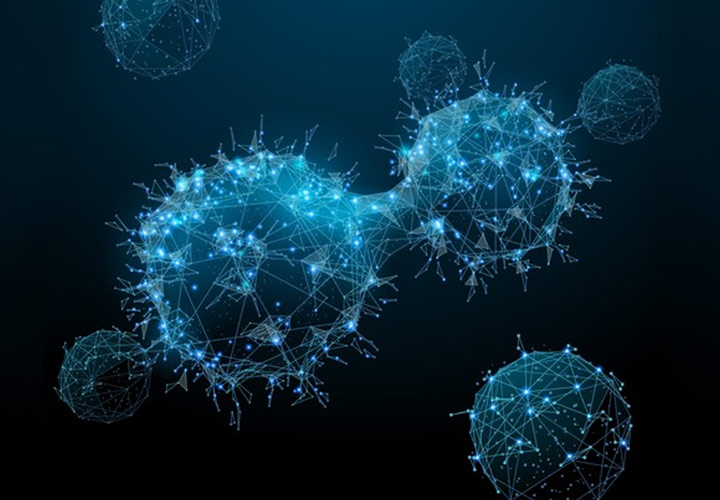
Theranostic
In this method, molecules which bind to specific surface proteins on cancer cells, are linked to weak radionuclides and injected in cancer patients.

Curcumin for Anti-Cancer Therapy
Curcumin, a polyphenol, is the main constituent found in turmeric extracted from the rhizomes of the plant Curcuma longa.
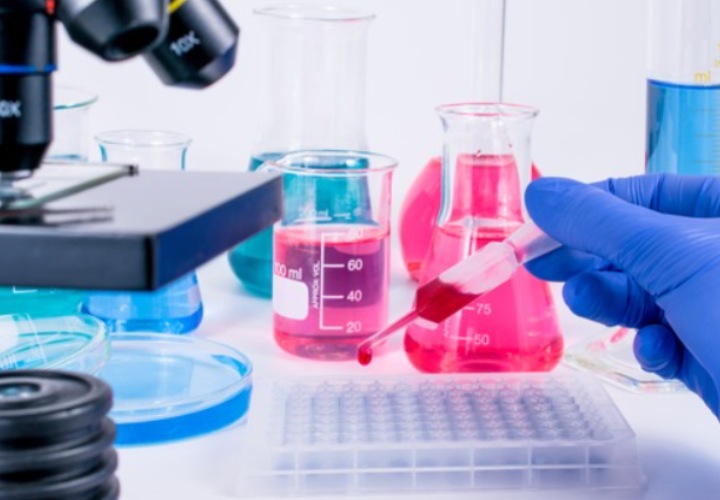
Liquid Biopsy in Cancer
Biopsy is a medical procedure in which tissue samples from the body are removed surgically for detection and diagnosis of a specific disease.
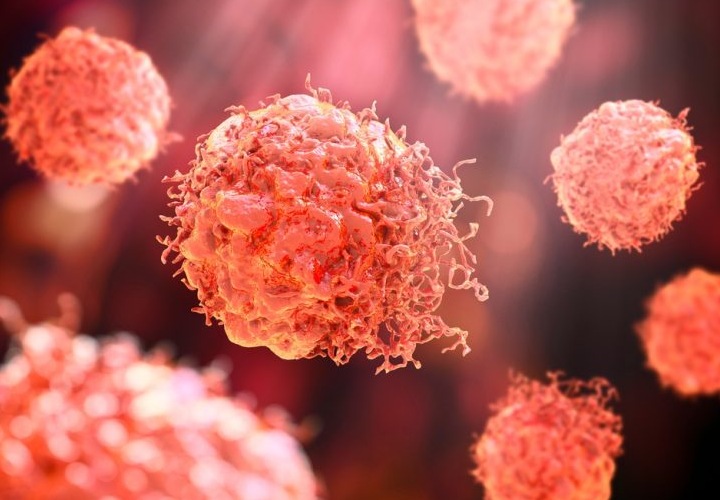
Hereditary Cancer
Cancer is caused by the gradual accumulation of mutations in genes that regulate normal cell growth, proliferation, differentiation, and death.
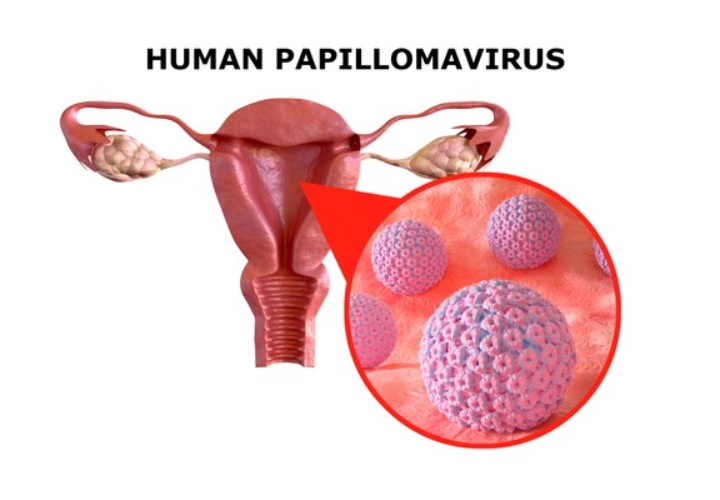
Cancer Caused by Infections
Chronic infections with viruses, bacteria, and parasites can lead to development of cancer.